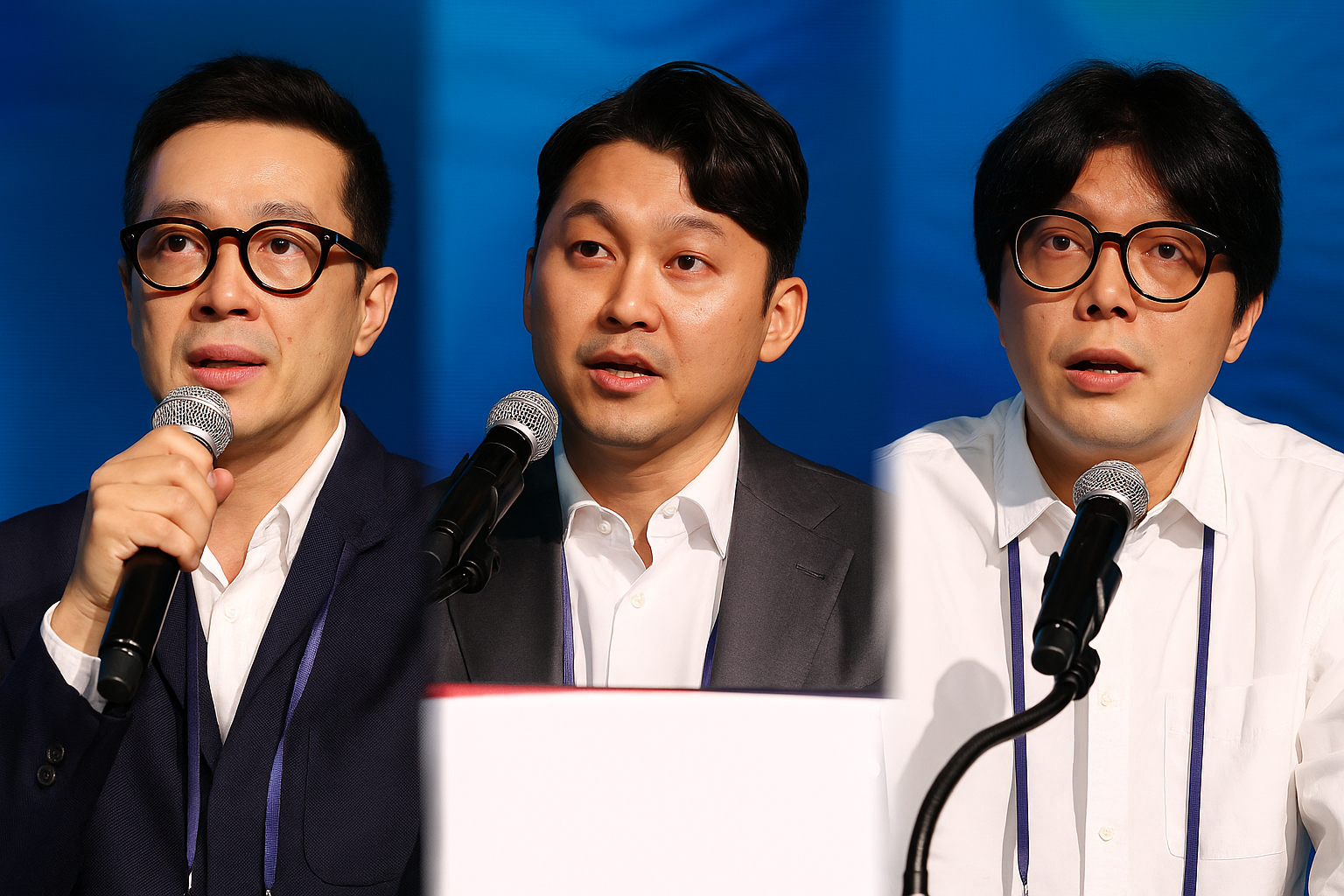K-pop labels are intensifying their localization strategies to maintain and expand their global fanbase. At the Korea Investment Week 2025 (KIW 2025), key executives from major entertainment companies outlined their plans to enhance engagement in key markets, particularly the United States and China.
Shin Hyun-kuk, head of JYP Entertainment Corp.’s US operations, emphasized the evolution of K-pop into a significant cultural industry. “K-pop is no longer just a music genre. It has now evolved into an irreplaceable new industry,” he stated during the event. A central component of JYP’s strategy is the A2K program, which stands for America2Korea. Launched in 2023, this audition initiative aims to create new K-pop girl groups through a partnership with Republic Records, a subsidiary of Universal Music Group.
The incorporation of artificial intelligence in music production is also on the horizon. “We’re developing AI artists tailored for the US market,” Shin mentioned, highlighting a forward-looking approach to appeal to American audiences.
Kim Dong-hyun, who oversees the Chinese operations for Kakao Entertainment Corp. and its affiliate SM Entertainment Co., shared insights into their efforts to deepen engagement with local fandoms. Collaboration with prominent social media platforms such as Weibo, Douyin, and Xiaohongshu plays a crucial role in their strategy. Kim noted that the recent acquisition of a stake in SM Entertainment by Tencent Music Entertainment Group in May is expected to facilitate further expansion into the Chinese market.
As the K-pop industry adapts to global trends, animation studios in South Korea are also capitalizing on their growing popularity. Choi Jae-won, chief operating officer of SAMG Entertainment, highlighted the potential of the global character merchandise market at KIW 2025. “The global character merchandise market is growing explosively,” he stated, pointing to their successful animation series, *Catch! Teenieping*, as a prime example.
Choi outlined SAMG’s medium- to long-term objectives, which include entering major Chinese merchandise distribution platforms such as Pop Mart and Miniso, aiming for significant growth.
As K-pop and Korean animation continue to capture international audiences, the focus on localization strategies and global partnerships remains paramount. The ongoing efforts by these companies underscore the importance of adapting to diverse markets while fostering a strong connection with fans worldwide.
